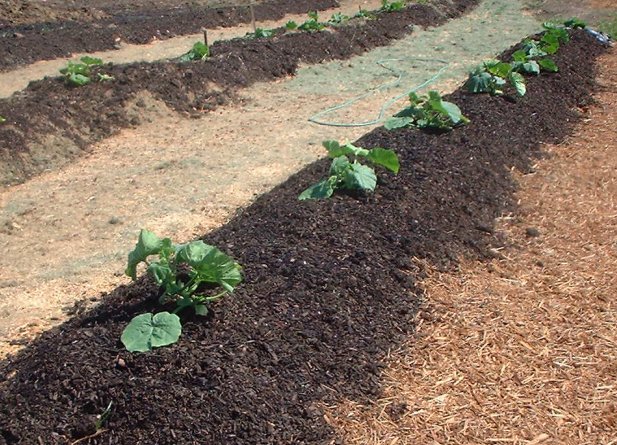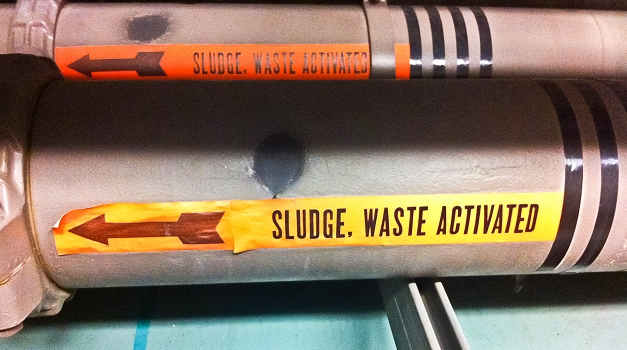
Although counties only have limited regulating authority on this matter, the resolution seeks to demonstrate their unwillingness to accept these toxic materials.
Commissioner Rick Bailey said that the resolution is really more of a request, adding: “We’re asking the city of Fort Worth and biosolids companies like Synagro and Rendon to not be bringing this stuff into our county.”
He said that despite the lack of enforcement power, he wants to send the message that there needs to be accountability for the use of biosolids. “The Texas Commission on Environmental Quality has dropped the ball for 30, 40 years. They need to hear the message loud and clear that we’ve stepped up to do something when no other county in Texas has done so,” he added.
Biosolids are derived from municipal wastewater and are known to be contaminated with PFAS from municipal drinking water. These chemicals are used in industrial and household products and were not widely used when the EPA first implemented regulations on the use of biosolids on land. Known as forever chemicals, they do not break down easily in the environment and are frequently present in biosolids. They have been linked to a host of serious health problems, including liver damage, fertility issues and cancer.
The biosolids used in Johnson County come from Fort Worth and a company they contract with, Synagro, who processes the biosolids that are left over from sewage treatment and sells them as fertilizer.
As a result, the PFAS contaminate the area’s soil, surface water and ground water, and they have been found in fish and animal tissue there thanks to their easy migration through water and other methods.
The resolution states: “Doctors, laboratory technicians, scientists and other professionals retained by Johnson County have determined that the biosolids originating at the city of Fort Worth’s wastewater treatment plant and being spread in Johnson County as a fertilizer product are contaminated with PFAS at unsafe levels.”
The resolution explains how the biosolids sent by the city of Fort Worth to be disposed of on Johnson County farms are threatening the area’s livestock, drinking water, food chain and residents. It also urges the Texas Commission on Environmental Quality to carry out a thorough investigation into the biosolids program and test for the presence of PFAS.
In addition, the resolution invites surrounding counties, such as Bosque, Hood, Hill, Somervell, Ellis, Tarrant and Parker, to join their resolution or pass similar measures. County representatives have said they have already received a lot of outside interest in their efforts.
Municipalities around the nation are pushing back against toxic biosludge
Biosolids are a problem throughout much of the country. Earlier this year, the Oneida County Board in Wisconsin called on the state’s Department of Natural Resources to offer testing for PFAS for private wells situated within six miles of sites where biosolids are being spread. The measure came as a response to high PFAS levels discovered in private wells in Stella, Wisconsin.
PFAS aren’t the only concern when it comes to the use of biosolids; microplastics are increasingly making their way into the environment via treated wastewater sludge. One study found that just a single gram of Canadian municipal biosolids had hundreds of microplastic particles, which far exceeds the levels normally found in soil, water and air.
The types of microplastics identified in the biosolids by the researchers included microfibers, small plastic fragments, glitter and foam pieces. Unfortunately, these microplastics are too small to be caught by the filters in current wastewater treatment infrastructure, so there is no way to stop these microplastics from entering our air, soil, water, and by extension, food supply.
Sources for this article include:
Please contact us for more information.






















